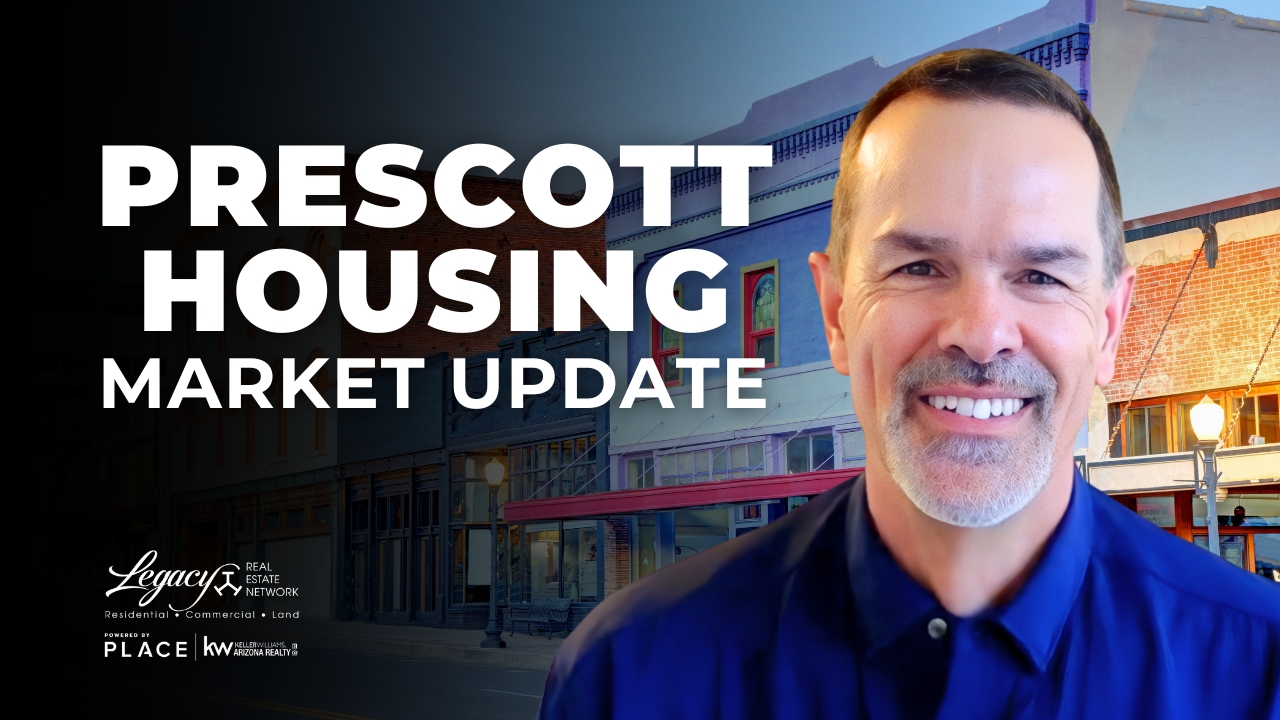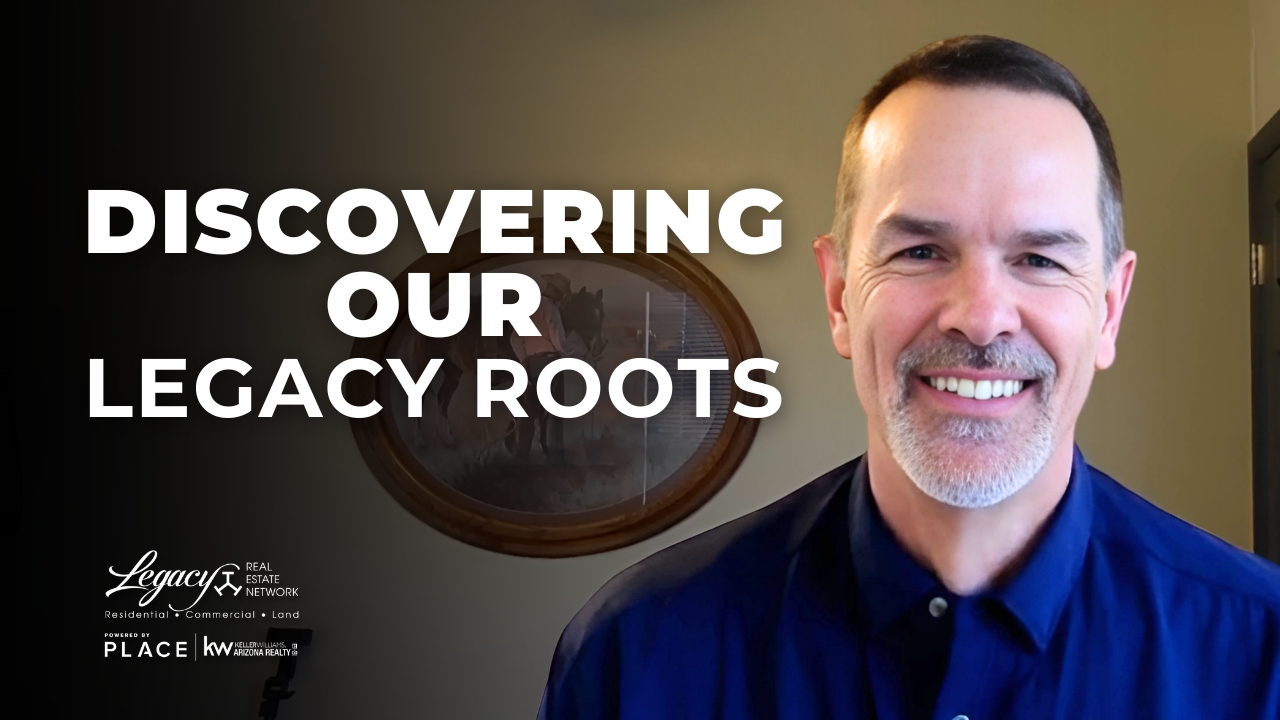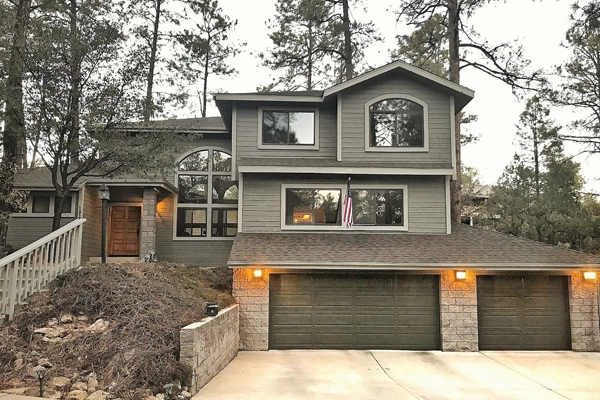Let’s Explore Your Selling Options. I’ll help you sell your home at the price and terms you want. Free Selling Strategy Call
One common question I receive from both sellers and buyers is: What should a homeowner disclose when selling a property? Understanding the necessary disclosures is essential for a smooth selling process. To simplify things, here’s a rundown of what you need to know about disclosures before listing your home:
Required disclosure documents. First, let’s talk about the required disclosure documents. There are several forms that every seller needs to complete when selling their home. These documents help paint a clear picture for buyers regarding the history of your home. Some of the most important ones are:
- Seller property disclosure statement. This is a standard form that all home sellers must complete.
- Well disclosure statement. This document is required for properties that have a well.
- Claims history letter. This is a letter from your insurance company that informs buyers about any claims made on your property. It’s important to note that this may overlap with the seller property disclosure statement but having both ensures nothing is overlooked.
Buyers may ask your neighbors. Another thing I bring up with sellers is, What might a buyer hear from your neighbors? That may sound like a funny thing to think about, but trust me, it matters. The neighbors are going to tell someone what happened to your house.
Suppose your property was flooded, whether from plumbing inside or from a freak storm; they’ll tell your potential buyers whether or not your roof has been replaced. It’s best if you share all of this information upfront instead of waiting for someone else to bring it up.
Necessary repairs. Lastly, I like to break disclosures into two categories: the “had to do” repairs and the “wanted to do” improvements. Buyers need to be informed of your home’s history—repairs, upgrades, and why you made them.
- “Had to do” repairs. These include necessary repairs because something broke or went wrong, such as fixing a plumbing leak, replacing a faulty water heater, repairing a roof leak after a storm, or flooding damage from a broken water line. Some sellers worry that sharing these details will scare off buyers, but it won’t. Being honest protects you legally and gives buyers the information they need to feel confident.
- “Wanted to do” improvements. These are projects you did to improve your home, such as remodeling the kitchen, adding a deck, and replacing the roof for peace of mind. For example, if you painted a bedroom because you wanted to update the color, that doesn’t necessarily need mentioning, but if you painted the living room to cover water stains from a leak, that’s important to share.
The golden rule is simple: if you want to know about it as a buyer, disclose it as a seller. This isn’t just about following rules; it’s also about protecting yourself and helping the buyer make an informed decision. Plus, it shows that you’re being responsible, which goes a long way in building trust.
The disclosure process doesn’t have to be complicated if you just follow these guidelines. Whether you’re selling your home now or thinking about it down the road, understanding this part of the process is crucial. Transparency isn’t just good for the buyer; it’s good for you, too.
If you need help selling your home, call or send a message to (928) 710-7007 or travis@legacyren.com.
-
Let’s Explore Your Selling Options. I’ll help you sell your home at the price and terms you want. Free Selling Strategy Call
-
What’s Your Prescott Area Home Worth?. Are you thinking of selling your home or interested in learning about home prices in your neighborhood? We can help you. Free Home Value Report
-
Looking for a Prescott Area Home?. Search our entire database for your Prescott Area Home. Search for Homes
-
Free Real Estate Newsletter. Get our latest Q&A, insights, and market updates to make smarter decisions. Subscribe Now







